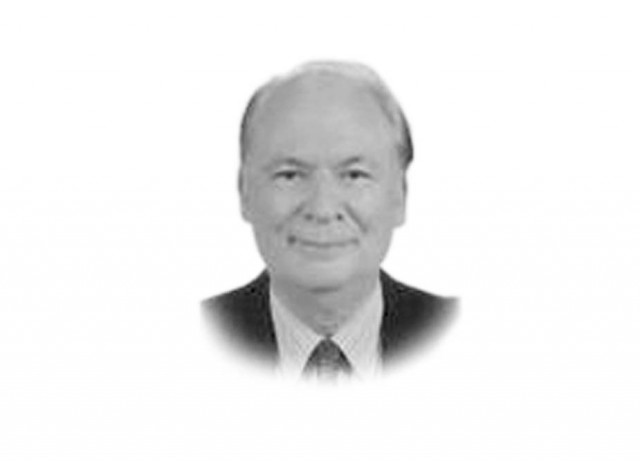The Ten Commandments
The parting of ways between the Nawaz faction of the Muslim League and the PPP was not at all unexpected.

If one takes a good hard look at Mr Sharif’s reform programme, one would recognise in the strictures not only a way to save the country from the kind of situation that developed in Tunisia and led to a revolt, but also a blueprint on how the country ought to be governed. What is wrong with reducing government expenses by 30 per cent and curtailing the number of ministers? Or the suggestion that all court judgments, including the ones pertaining to the NRO, should be implemented in full? The suggestion about having an independent accountability commission is also a good one, but one can’t help remembering that old saying that has stuck in the cranium of every lawyer: “Who will judge the judges?”
However, the issue that nicks the collective nerve is the sudden, abrupt raise in the price of petroleum products, and here the prime minister is treading on very thin ice.
Mr Zardari and Mr Gilani have often trumpeted the achievements of the PPP, but curiously enough most of the people that this writer has spoken to can’t seem to remember just what these accomplishments were. It’s different with Mr Sharif. While many feel that he leans too much towards the extremists and there is an excoriating provincial primness and a repressed snobbery about the man, people do remember that he made the rupee freely convertible and rescued it from the hobble of exchange restrictions, even though he subsequently froze foreign exchange assets. He built an eight-lane highway from Lahore to Islamabad, changed the weekly holiday from Friday to Sunday in the face of opposition from the Muslim clergy, so that the business community was in touch with international financial capitals five days a week. And he exploded the bomb, cocking a snook at the Indians who behaved as if theirs was the brightest bulb on the Christmas tree. But above all, he understood economics and represented a power shift from the traditional feudal clans to a growing class of modern entrepreneurs.
Published in The Express Tribune, March 8th, 2011.















COMMENTS
Comments are moderated and generally will be posted if they are on-topic and not abusive.
For more information, please see our Comments FAQ